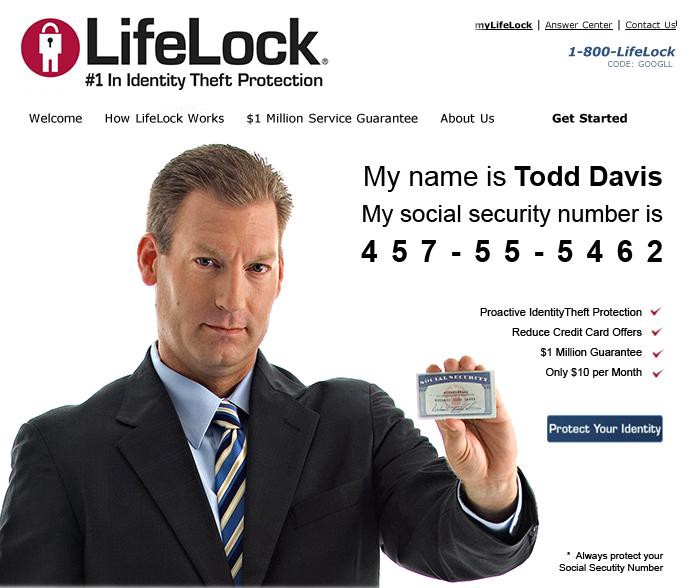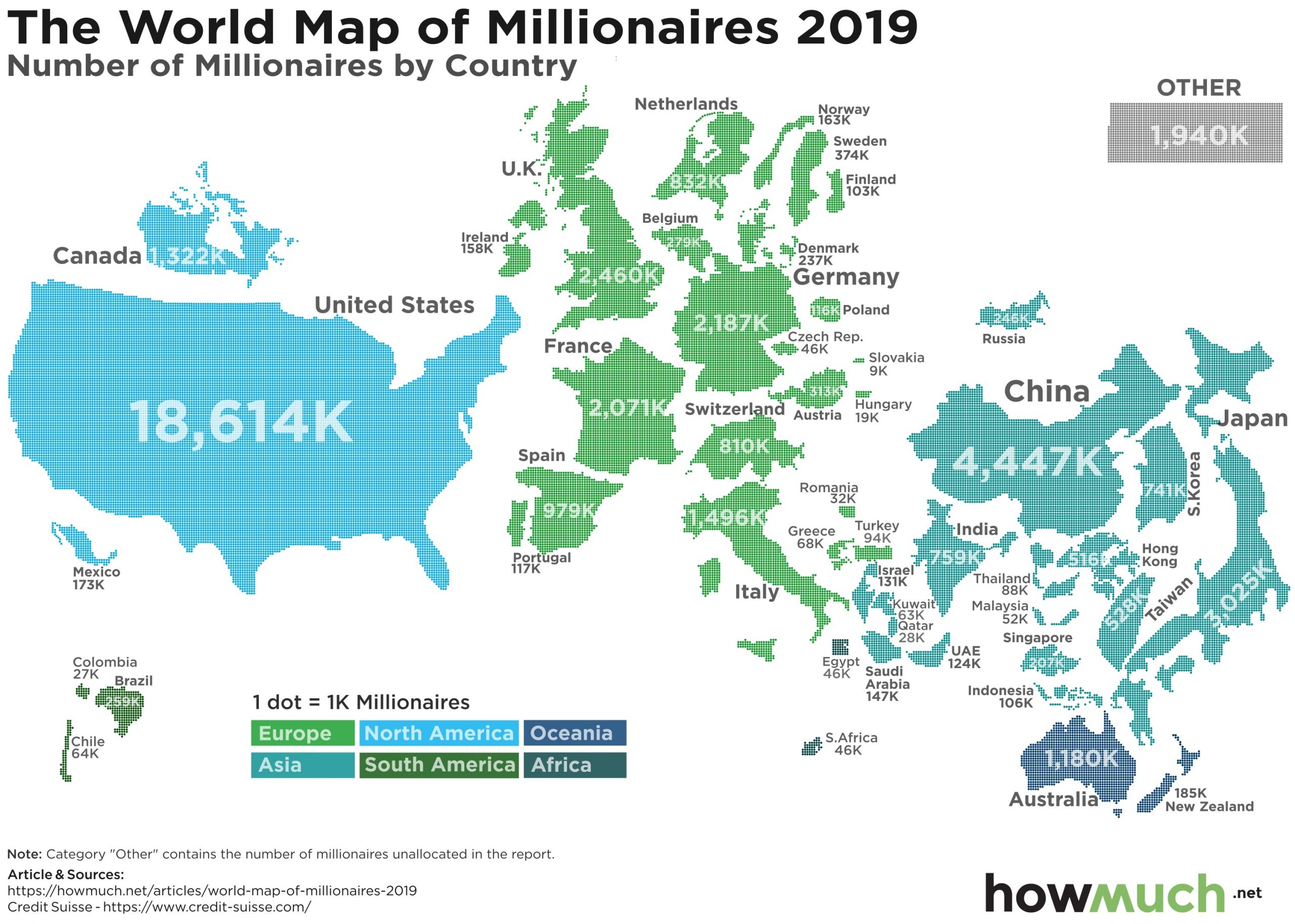1
Chapter 1 Outline:
1.1 What Consumer Protection Law means
1.2 Know Your Rights
1.3 Being Poor is Expensive
1.4 It’s a Jungle Out There
Introduction
Though not viewed as a traditional stand alone area of law (like criminal law, torts or contracts), rather a body of laws that impact a variety of areas of law relevant to consumers, learning about consumer protection law can benefit students and adults alike throughout their lives. Learning how consumer protection laws work to protect consumers in many different areas can be beneficial to the mental and financial health of those consumers and their families. The ability to understand the government agencies tasked with protecting consumers and the limitations those agencies face, can help consumers take matters into their own hands when they need to protect themselves.
1.1 What Consumer Protection Law Means
Learning Objectives
By the end of this section, you will be able to:
- Describe the areas of law that impact consumers
- Understand what a consumer transaction is

Consumer protection law refers to a body of laws designed to safeguard purchasers of goods and services from those goods that may be defective, and from deceptive or fraudulent business practices. When a consumer purchases an item, that consumer did so with the expectation that that product would not harm them. The laws designed to give recourse to the injured consumer vary depending on the type of item, who manufactured it, and where the alleged injury occurred. The number and scope of those laws can be dizzying. Therefore, a main purpose of this text is to help the reader make sense of and organize them in a way that is useful.
Nearly every day, if not every day, we purchase goods and services of some kind; from cups of coffee to groceries, and from cars to houses. A consumer transaction occurs when a person obtains these goods, real property, credit, or services. For example, if a consumer purchases identity theft protection service from a company like LifeLock only to have their sensitive personal information shared and exploited by those seeking access to customer information for nefarious purposes, this transaction may be covered by principles of contract law (usually through arbitration rather than normal litigation). However, because this circumstance is a consumer transaction, federal and state statutes may also come into play. What these statutes are and how they operate will be discussed in more detail in subsequent chapters.
1.2 Know Your Rights
By the end of this section, you will be able to:
- Understand why knowing your rights is important to your well-being
- Explain why not knowing your rights = not having them
- Describe some of the issues facing modern Americans, including students
The laws described in this textbook provide a way for individuals to receive redress for abusive business practices through legal mechanisms designed to hold sellers of goods and services accountable when profit motives take precedence over consumer safety and lack of bargaining power. State and federal government agencies, as well as attorneys general at the state and federal levels, enforce these consumer protection laws. Individuals harmed by the actions of sellers of goods and services also have the ability to file lawsuits either as individual victims or as part of a class, in the form of a class action suit. While private lawsuits may ultimately result in partial or complete redress of the harm caused, the process is often emotionally and financially draining. One only needs to look at one of the most famous tort cases in the 20th century, Liebeck v. McDonald’s. Long after coffee burn victim Stella Liebeck settled with McDonald’s, Ms. Liebeck continued to suffer the onslaught of the public’s perception that she intentionally dumped hot coffee on herself in order to collect millions of dollars from McDonald’s. This perception differed greatly from reality. But while no one can control the verdict of the court of public opinion, people can know their rights and take steps to protect themselves from corporate wrongdoing.
In 2017, the federal agency responsible for protecting consumers, the Federal Trade Commission (FTC), launched an initiative named Operation Game of Loans, to crack down on deceptive student loan debt relief scams. The 5 FTC cases named 30 companies which took millions of dollars from consumers through student loan debt relief scams as well as mortgage repayment scams. One such company, Los Angeles based M&T Financial Group, preyed on consumers (i.e. college students and their parents) through aggressive telemarketing falsely claiming they were affiliated with the U.S. Department of Education, enticed those consumers with false promises that they would qualify for federal relief programs, and charged an upfront fee ranging from $398 to $1047 in order to access the relief programs. Additionally the companies charged monthly fees consumers believed were being applied to pay down their loans. In all, M&T swindled at least $7.3 million from thousands of consumers. In 2018, the FTC reached a settlement with M&T and other companies named in the case. The settlement order included a monetary judgement of nearly $12 million – the estimated injury to consumers caused by the defendant’s deceptive student loan repayment practices.
The primary victims of these scams are college educated people saddled with student loan debt seeking relief who were led to believe through effective marketing and sales campaigns that these companies could (and would) help, when in reality they had no intention of actually doing so. As if financial stress is not enough, many college graduates, for the first time in their lives, face the possibility of futures that are no longer based upon the structure provided to them by education. The reliability and promise of what they envisioned from Kindergarten all the way through college are replaced with uncertainty and an overwhelming number of choices. Some mental health professionals describe those feelings, along with others such as the loss of control, sadness, helplessness, loss of motivation, and isolation, as “postgraduate depression.” While learning about consumer protection may not be a cure to “post graduate depression,” being armed with the knowledge in how to protect oneself, may lessen the anxiety of facing the unknown.
1.3 Being Poor is Expensive
By the end of this section, you will be able to:
- Describe the poverty line and the wealth gap
- Understand how Americans living in poverty may be more vulnerable to exploitation

Since the dawn of the industrial revolution, through two world wars, and several cultural and technical revolutions, the United States has developed as a global economic super power. While many Americans have prospered, as is evidenced by the number of millionaires in the United States, not all Americans have shared that prosperity.
Millions of Americans currently live below the poverty line, which is as of 2021, $12,800 for a single person and $26,500 for a family of four. At the end of 2020, the poverty rate jumped from 10.3 percent to 11.7 percent, an indication of how many people struggled as a result of the reduction in government COVID-19 aid.
The power imbalance, indicated by the wage gap between the haves and the have-nots leaves room for exploitation. Generally, the poorer someone is the more things, such as mortgages, car loans, car insurance, credit cards and rent can cost. Entire industries, such as the payday loan industry, exist to give people who can least afford it, high interest short term loans. Payday loans and other predatory loan products will be discussed in detail in Chapter 6.
1.4 It’s a Jungle Out There
By the end of this section, you will be able to:
- Understand the lack of government oversight in certain industries during the early 20th century
Though a work of fiction, Upton Sinclair’s The Jungle, first published in 1906, is one of the few single novels to have an enormous impact in spurring social and legal change. Sinclair spent 6 months in Chicago investigating the meat packing plants and worker mistreatment for the socialist newspaper, Appeal to Reason. The events he described, in what became the book, shocked its readers enough to lobby Congress for legislation and governmental regulation of the meat industry. President Teddy Roosevelt sent the labor commissioner and a social worker to Chicago to independently investigate the claims made in the book. The report fully confirmed what Sinclair wrote and President Roosevelt used the threat of disclosing the contents of the report to Congress to move on the previously stalled Meat Inspection Act and Pure Food and Drug Act. Though these laws marked a significant reform in food safety, that was not entirely Sinclair’s intent. He later lamented at the lack of concern for worker’s rights, “I aimed at the public’s heart and by accident I hit it in the stomach.”
What The Jungle did for meat safety in the early 1900’s, the book 100,000,000 Guinea Pigs did in the 1930s for drugs and cosmetics, prompting the Food and Drug Administration to create an exhibit in the hopes of Congress passing a new more effective law than the Pure Food and Drug Act of 1906. A reporter dubbed the exhibit as the “American Chamber of Horrors.” Though not considered an exciting exhibit, it proved to be evocative and truthful, prompting some companies to change what they did just to be removed from the exhibit.
Endnotes
Gene A. March, Consumer Protection Law In a Nutshell (1999, 3rd Ed.).
FTC, State Law Enforcement Partners Announce Nationwide Crackdown on Student Loan Debt Relief Scams (2017), Federal Trade Commission, https://www.ftc.gov/news-events/press-releases/2017/10/ftc-state-law-enforcement-partners-announce-nationwide-crackdown.
Jaikumar Vijayan. LifeLock CEO Said to be Victim of Identity Theft 13 Times. Computer World (2018), https://www.computerworld.com/article/2517761/lifelock-ceo-said-to-be-victim-of-identity-theft-13-times.html.
The American Chamber of Horrors. FDA (2018), https://www.fda.gov/about-fda/histories-product-regulation/american-chamber-horrors.
The McDonald’s Hot Coffee Case. Consumer Attorneys of California, https://www.caoc.org/?pg=facts.
Upton Sinclair, Whose Muckraking Changed the Meat Industry, The New York Times (2016), https://www.nytimes.com/interactive/projects/cp/obituaries/archives/upton-sinclair-meat-industry.
